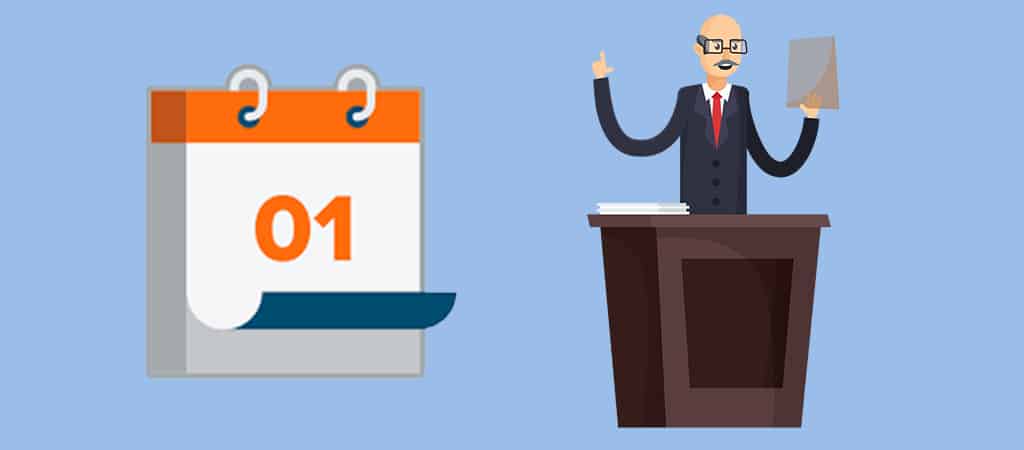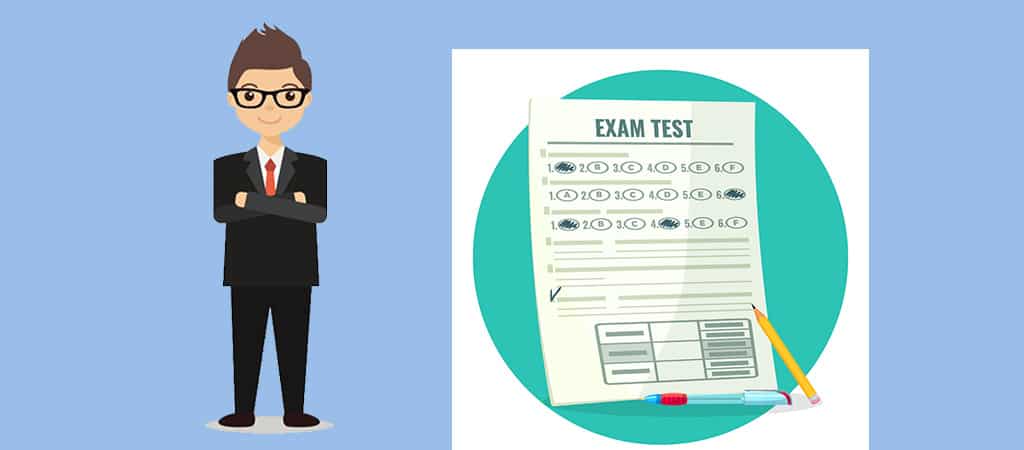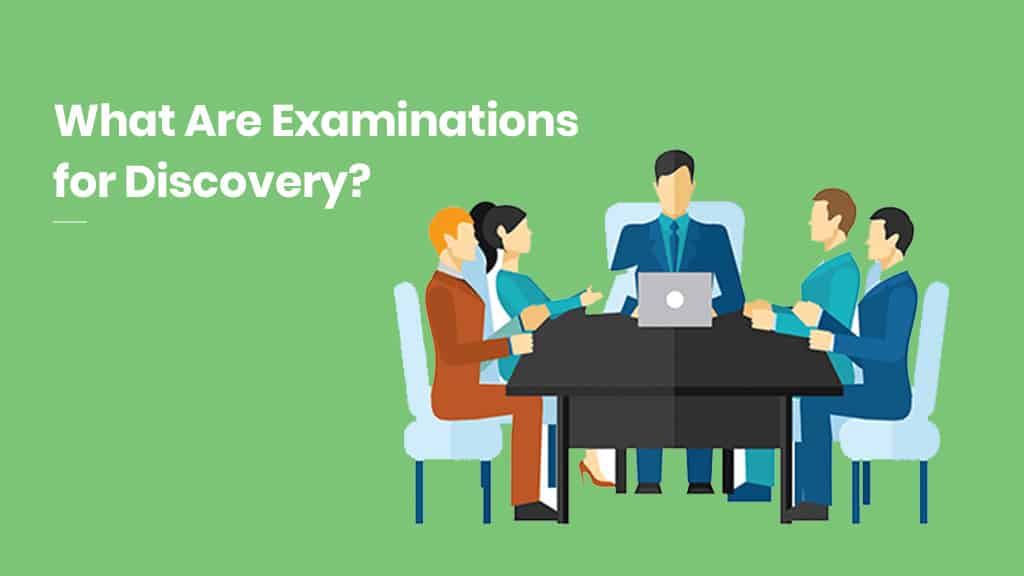In the process of preparing your case for litigation in Canada, you might come across various terms that seem overwhelming or confusing. One such example is the examination for discovery.
What to Expect When Discovery Examination is Scheduled

An examination for discovery is one of the most important and common components of nearly every civil lawsuit. The examination for discovery in and of itself is not a trial, but instead refers to a pre-trial process during which attorneys for each of the parties will ask other party questions under oath about issues that will be raised in the lawsuit.
The answers and questions taken during this examinations for discovery process are recorded by a court reporter and may later be produced in the form of a written transcript. The rules of court dictate that examination for discovery is one of the procedures that enables each party to find about the other party’s allegations in the lawsuit. The primary purpose of this discovery is to equip all parties involved with the necessary information to hopefully move towards a settlement.
The lawyer for each party in the lawsuit will examine each person who has opposite in interest to that of his or her own client. The purpose for the lawyer’s engagement with this other party is to identify what the other person has to say about the key matters in the lawsuit, to see whether there are any areas of agreement between the parties involved in the lawsuit, and to try to get information in the form of admissions from the other party that could be used against that person at trial.
There is a broad range of different types of questions that can be asked during the discovery process. The attorney for the person who is being examined is present to ensure that any of the questions that are being asked are appropriate ones and to object to any questions that do not seem appropriate.
Discoveries are usually held at offices set up for this purpose with the court reporter present to track information. These may be privately operated and called examiner’s offices. No judge is present since this is not part of a formal trial, but members of the public cannot be present either. However, parties do maintain the right in most cases to be present when other persons are examined, but many people do not exercise this right.
A lawyer from the office you choose to work with, should spend adequate time with you to help prepare you for the discovery examination process. You are obliged to acquaint yourself with all the facts known by the other people involved who are in the case if you are appearing at a discovery examination as a representative of a company. If you are appearing as a witness or on your own behalf, you should review any notes or documents that you have access to related to the case.
Do You Really Need a Lawyer to Help You Prep for Discovery?

Your case must be prepared appropriately from the beginning with the support of an experienced attorney. Although many of these discovery situations do lead to further settlement negotiations, your lawyer should be prepared to prep the case as if it was going to trial. The support of the right attorney can make a world of difference when you are approaching a discovery examination and need support understanding the process and preparing in full.














